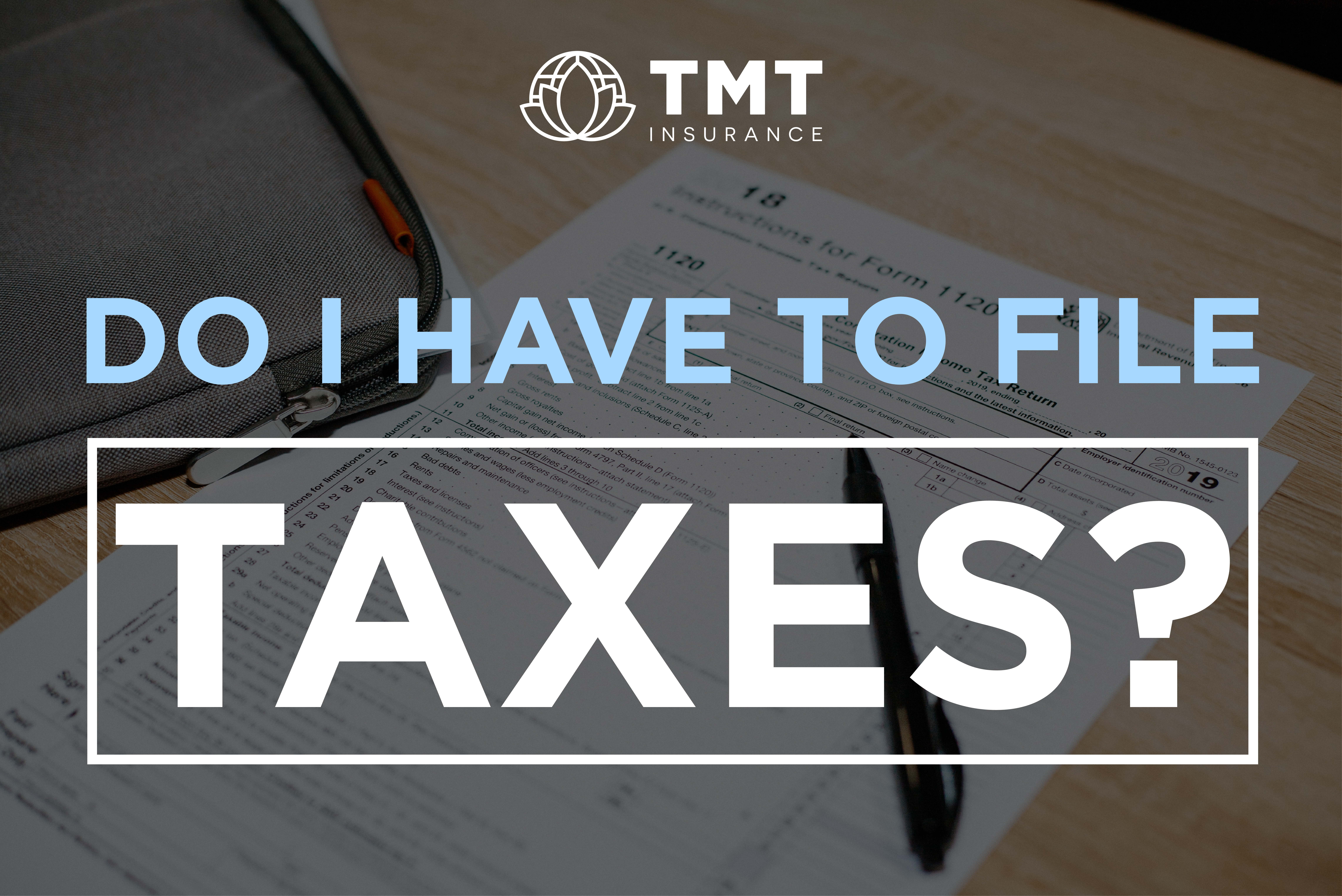Filing taxes can seem confusing, but it’s important to know if you’re required to do so. Learn what factors determine whether you have to file taxes in this comprehensive guide.
Introduction:
Taxes are a necessary part of life, but they can be confusing. Knowing whether you have to file taxes is important, as failure to do so can result in penalties and fines. In this article, we will explore what factors determine whether you have to file taxes and answer some common questions about the tax-filing process.

Understanding Your Tax Obligations
One of the main factors that determines whether you have to file taxes is your income. If you earn a certain amount of money each year, you are required to file taxes. The exact amount varies based on your filing status and age, but for the 2022 tax year, if you are single and under 65, you must file taxes if you earn more than $12,550. If you are married and file jointly, you must file taxes if you earn more than $25,100.
In addition to your income, there are other factors that can impact your tax obligation. For example, if you receive unemployment benefits, you may be required to file taxes. If you have self-employment income, you are also required to file taxes. Additionally, if you receive certain types of income, such as dividends or capital gains, you may have to file taxes.
Do I Have to File Taxes if I Don’t Make Much Money?
Even if you don’t make much money, you may still have to file taxes. If you receive unemployment benefits or other types of taxable income, you will have to file taxes. Additionally, if you had federal taxes withheld from your paycheck, you will need to file taxes to receive a refund.
Can I File Taxes Even if I Don’t Meet the Income Thresholds?
Yes, you can file taxes even if you don’t meet the income thresholds. If you had federal taxes withheld from your paycheck or if you received a refundable tax credit, such as the Earned Income Tax Credit, you may want to file taxes to receive a refund.
What Happens if I Don’t File Taxes?
If you don’t file taxes when you’re required to do so, you can face serious consequences. The IRS can assess fines and penalties, and in extreme cases, you could even face criminal charges. Additionally, if you owe taxes and don’t file a return, the amount you owe will continue to accrue interest and penalties.











